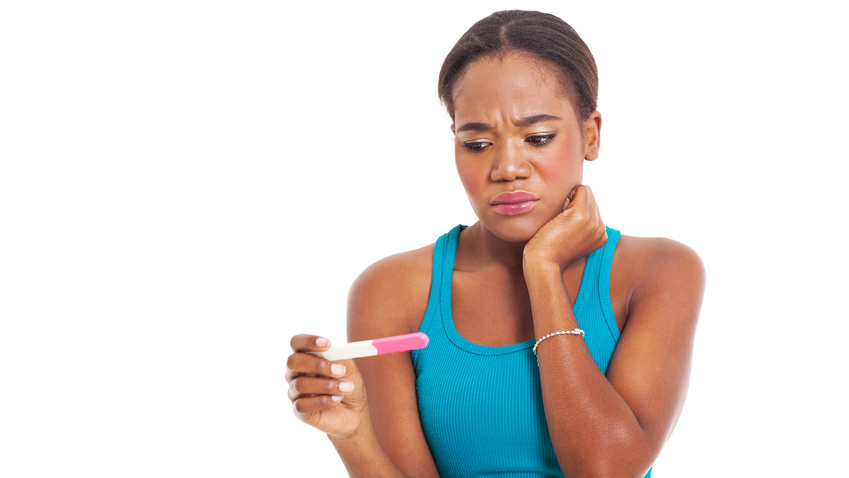Having or not having children? If yes, when, where, how many?
Surely you have asked any of these questions at some point in your life, but you decide to have a family, here are 7 signs of infertility that you should know as soon as possible.
Your menstrual periods are very painful
Just to make it clear to you: staying in bed when you are in your menstrual period should NOT be normal.
In fact, this could be a symptom of endometriosis. Although it is normal to feel colic, these should not interfere with your life or activities.
Endometriosis occurs when the uterus grows out of this and affects up to half of the infertile women, according to the American Society for Reproductive Medicine.
Your hands and feet are always cold
If this is your case, you need to check the functioning of the thyroid as soon as possible. Cold feet and hands are a sign of hypothyroidism, which can generate an irregular ovulation and affect your menstrual cycle.
A blood test will tell you if your levels are normal. Other signs of hypothyroidism? Constipation, dry skin and that you feel usually tired.
Your periods are irregular or not even appear
You may feel lucky that your menstrual period has not arrived, but it could be a sign of “ovulatory dysfunction.”
Short menstrual periods (less than 21 days) may also be a sign that you are having problems with ovulation.
Your nipples
If you are not pregnant or breastfeeding, nothing should come out of your nipples. If a liquid sprouts from them, it can be a sign of hyperprolactinemia, which means that your body is producing too much prolactin (the hormone of lactation).
When your prolactin levels are high, it can affect your hormonal balance, so if you are going through something similar, tell your doctor so can check it properly.
You have kilos of more
If your body mass index exceeds 30%, you are overweight and this can compromise your fertility, according to the American Society for Reproductive Medicine.
You are sprouting facial hair
That you grow hair in places you did not expect (like the face), can be a symptom of Polycystic Ovarian Syndrome.
The condition means that your reproductive hormones are out of control, which could affect your ovaries’ ability to produce or release an egg.
You had gonorrhea
This Sexual Transmission Infection can be accompanied by other symptoms such as: burning at the time of urination or bleeding at the middle of the cycle.
In more severe cases, it could lead to pelvic pain, infertility or scar tissue that blocks the fallopian tubes, preventing the ovum and sperm from getting together.
According to the World Health Organization (WHO), one out of four couples has a problem related to fertility.














